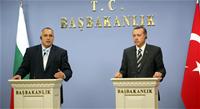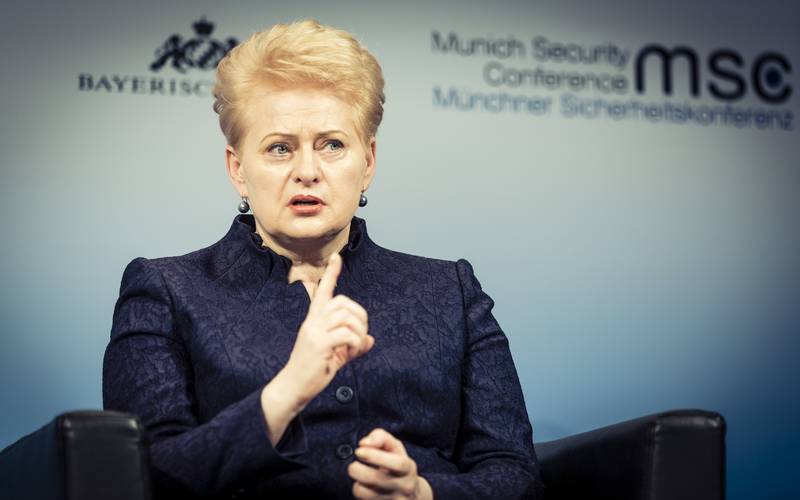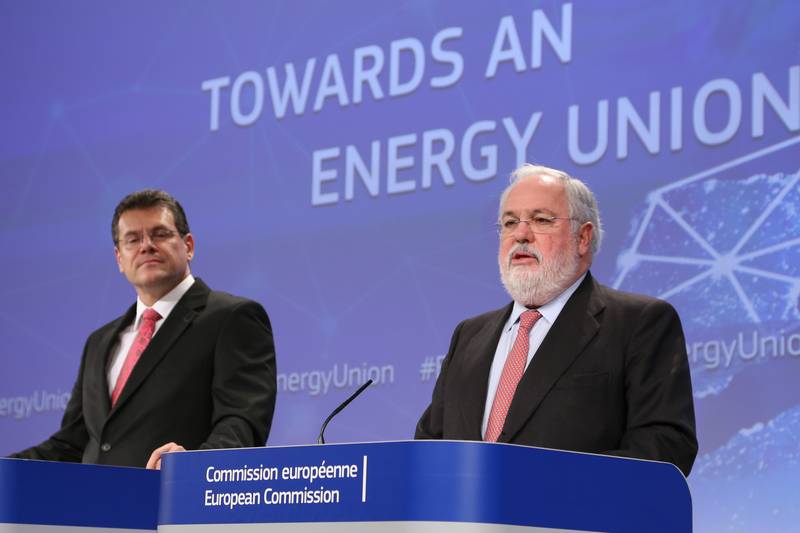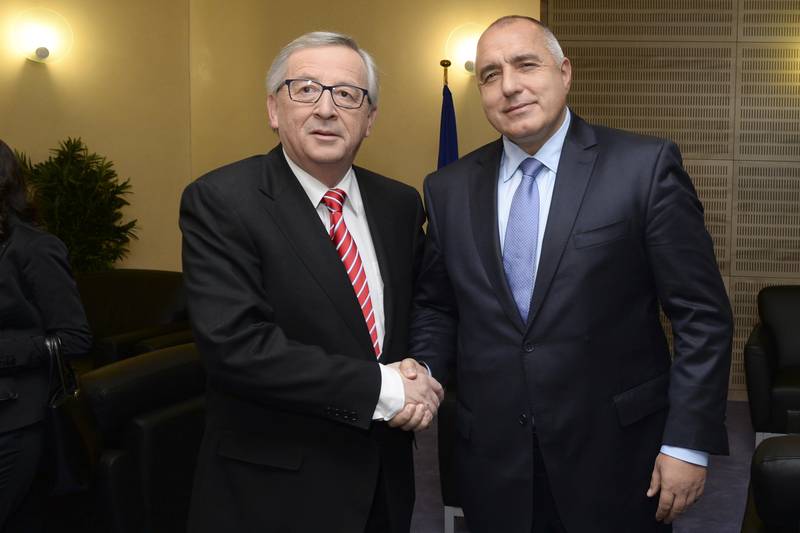The problems with Nabucco are due to Turkey and Azerbaijan
euinside, February 1, 2010
 The main reason for the lack of progress of the Nabucco project for building a gas pipeline that will entirely bypass Russia as a natural gas supplier for Europe, is the tension between Turkey and Azerbaijan because of the Nagorno Karabakh conflict. This is the explanation given in an analysis by Katinka Barysch who is deputy director for the Centre for European Reform in London. She writes that the lines of tension between the 2 countries are two.
The main reason for the lack of progress of the Nabucco project for building a gas pipeline that will entirely bypass Russia as a natural gas supplier for Europe, is the tension between Turkey and Azerbaijan because of the Nagorno Karabakh conflict. This is the explanation given in an analysis by Katinka Barysch who is deputy director for the Centre for European Reform in London. She writes that the lines of tension between the 2 countries are two.
The first is that the 8 bn cubic metres gas for the first phase of the project was always expected to come from Azerbaijan’s new Shah Deniz II gas development. But Baku and Ankara cannot agree on how much Azerbaijani gas should go to Turkey, at what price and under what conditions. While the dispute continues, the companies involved in Shah Deniz II have stopped drilling. Turkey already buys around 6 bcm of gas from the Shah Deniz I field, for a very good price. It sells half of that gas on to Greece at a much higher price. Baku insists that the old pricing formula needs to be revised. Turkey disagrees. As long as this issue is not resolved, an agreement on the Shah Deniz II gas looks unlikely. Without that gas, it is hard to see how Nabucco could get under way.
Meanwhile, Azerbaijan has started shipping gas to Russia instead and promised to sell some to Iran and even China.
And in an internal layer there is another problem that is fueling the tension between the two nations - the recent attempts of Turkey and Armenia to normalise relations (under the pressure of the EU). Azerbaijan is furious about the idea that Turkey could open its border with Armenia before a solution has been found for the ‘frozen’ conflict in Nagorno-Karabakh, an area that has been occupied by Armenian troops since the early 1990s.
As Katinka Barysch writes, the situation is even more complex because rely a lot on Nabucco as this would to some extent free the Union from the Russian energy dependence or, at least will diminish it significantly. Turkey, on the other hand, has for a long time the ambition to become energy hub of the Balkans and to benefit from transit fees as well as to increase its influence in the region. In fact, similar ambitions, although with no grounds, has Bulgaria too. Russia is also not standing still by pushing for the realisation of the alternative of Nabucco - South Stream.
But according to Katinka Barysch, South Stream looks expensive, technologically complicated and unnecessary. Nabucco appears relatively realistic and it is further advanced in the planning process. She proposes the EU to call Gazprom to use Nabucco to ship gas into South and Central Europe. In the same time the EU also needs to work harder to create more coherence between its energy policy and the political relationships it is building with potential supplier countries. In the past, the energy and foreign relations departments of the Commission, the European Council's high representative and the member-states have not always acted in unison.
But now the Lisbon Treaty could help, Ms Barysch writes. But the EU’s nascent energy diplomacy can only make progress if the EU governments allow this to happen. Many European leaders and officials (in particular in Germany) remain convinced that the task of securing oil and gas supplies must be left to private companies and that the EU has no role to play in talking to energy producing countries about gas contracts and pipelines. The current highly politicized dispute over Nabucco should help to convince them of the contrary, the deputy director of the Centre for European Reform concludes.
In the meantime the Bulgarian prime minister Boyko Borisov praised his Turkish counterpart  Recep Tayyip Erdogan during his visit in Ankara last week for his support for Nabucco. "So far I've never met a person to support Nabucco this much as my colleague Erdogan. I hope that although the realisation of the project is in delay, Nabucco will be build as quick as possible. We are interested in the transit of gas", the Bulgarian premier added.
Recep Tayyip Erdogan during his visit in Ankara last week for his support for Nabucco. "So far I've never met a person to support Nabucco this much as my colleague Erdogan. I hope that although the realisation of the project is in delay, Nabucco will be build as quick as possible. We are interested in the transit of gas", the Bulgarian premier added.
Unlike his Bulgarian guest, Recep Tayyip Erdogan said only that security of energy pipelines is vital and that Turkey and Bulgaria were working in this direction. But it remained unclear how exactly the two nations are working in this direction nor what the problem with security of the pipelines is.
 Dalia Grybauskaite | © MSC/Koerner
Dalia Grybauskaite | © MSC/Koerner Maros Sefcovic, Miguel Arias Canete | © European Commission
Maros Sefcovic, Miguel Arias Canete | © European Commission Jean-Claude Juncker, Boyko Borissov | © European Commission
Jean-Claude Juncker, Boyko Borissov | © European Commission